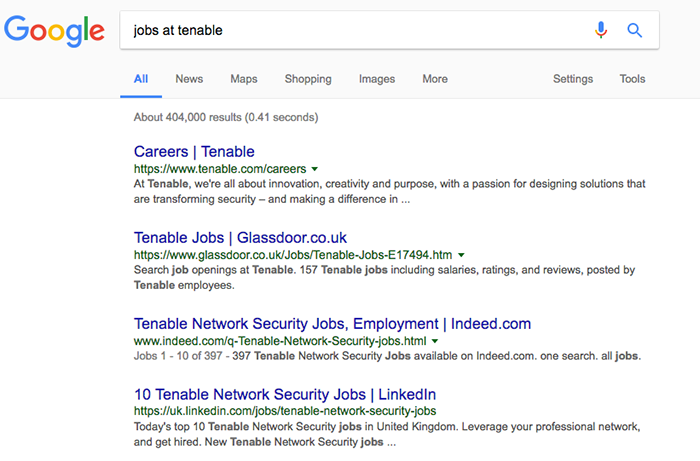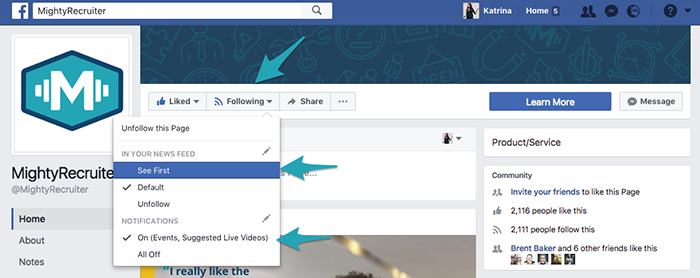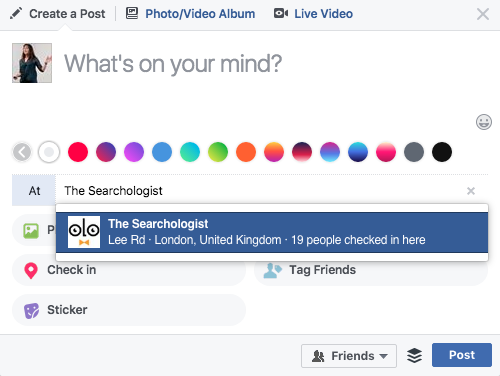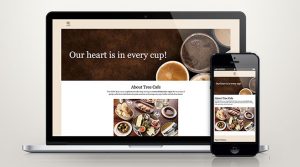It’s only natural to be curious. As shoppers we’re constantly playing the investigator, paying heed to consumer reviews and photos before we spend our hard-earned cash. So why wouldn’t jobseekers research potential employers and seek the opinions of other employees before choosing their next career step?
And though it’s natural for avid social media users to seek information from friends on Facebook and even go looking for your Facebook company page during their job search, it will never replace the importance of having your very own career site.
As Ben Gledhill, Employer Branding & Candidate Experience Manager at The Manchester Metropolitan University, puts it, “Your careers website should be your hub as that is intrinsically linked to where jobseekers make an application. Social media is an amplifier helping you reach a specific crowd in their specific space with the aim of conveying traffic to your own site.”
Getting Found: Why Career Sites Hold More SEO Value
Search engine optimization (SEO) isn’t just a technique that can help you get your products and services in front of potential clients searching online; it also applies to employers looking to get their openings in front of jobseekers. If you’ve not sourced your candidate directly or contacted them via an employee referral or advertisement, it’s likely the jobseeker found your job via a job board (in which case they’ll likely be presented with or sent to your career site) or they typed your company name and the word ‘jobs’ into Google, like I’ve done here with Tenable.

Facebook didn’t make the top search results, which matters a lot because, by some SEO experts’ estimations, the top five results on the page get roughly 70 percent of the clicks!
As it’s easier to apply SEO best practices to a career site than a Facebook page, it’s easier to get the former to show up higher on the results page, where jobseekers can find it and click on it.
And, further, as Audra Knight, Recruitment Operations Manager at Tenable Network Security, explains, “Having our own career site gives us the opportunity to tell our own story without the reliance on third-party sites like Glassdoor, Indeed, and Facebook.”
Facebook Company Pages are Still Important
All of this doesn’t mean that you should give up on your Facebook page. If you’re creating content for your career and other social media sites, you can easily share it via Facebook too for the people who come looking.
Not to mention, there are 1 billion people that log in to Facebook every single day, which translates into a lot of potential candidates. However, that stat also means that Facebook has to make money to host and manage all that data! To do that, they use an algorithm called Edgerank, which means organic Facebook page posts have little visibility unless marketers dig into their pockets and pay to promote them. (More about that here).
In other words, the chances that jobseekers will stumble upon your job posting or company page in their newsfeed are slim unless you put some serious money into Facebook advertising.
There are, however, some easy and free ways you improve your page post visibility and engagement; Ignite Social Media has 20 suggestions, and three easy ones to implement include:
- Ask fans to turn on the notifications:

- Encourage people to check in when they’re at your office – this is important for Facebook and Instagram, which Facebook owns, and nothing beats employee-generated content for giving insight into your company.

- Encourage your employees and fans to tag themselves in photos on your page. As with permitting check-ins, you’ll need to turn this feature on in the settings:

But Hasn’t That New Facebook Job Posting Feature Changed the Game?
You’d think that the ability to create job posts on your Facebook page would discourage you from having them on your career site, but, as I wrote in an earlier post, the new tool is not all that.
I would instead encourage you to use video, specifically Facebook Live video, to share behind-the-scenes insight into your company or even your jobs (as long as it’s entertaining!), while remembering to link back to your career site. Facebook Live content is given priority over other forms of content, including updates and photos, and receives great engagement.
You can even create a Facebook Event to promote that you’re going Live, like Audra and I do each week for The #SocialRecruiting Show. We also share the Facebook Live stream to our own profiles as soon as we start.
But most important of all, don’t leave the video on Facebook! Use this great hack and repurpose the video onto YouTube, Vimeo, your career site, and any other social media channels where your future employees hang out.
In summary, could a Facebook page kill your career site? No, I don’t think so. Is it a great complement to it? Definitely!
 MightyRecruiter
MightyRecruiter




Leave a Reply